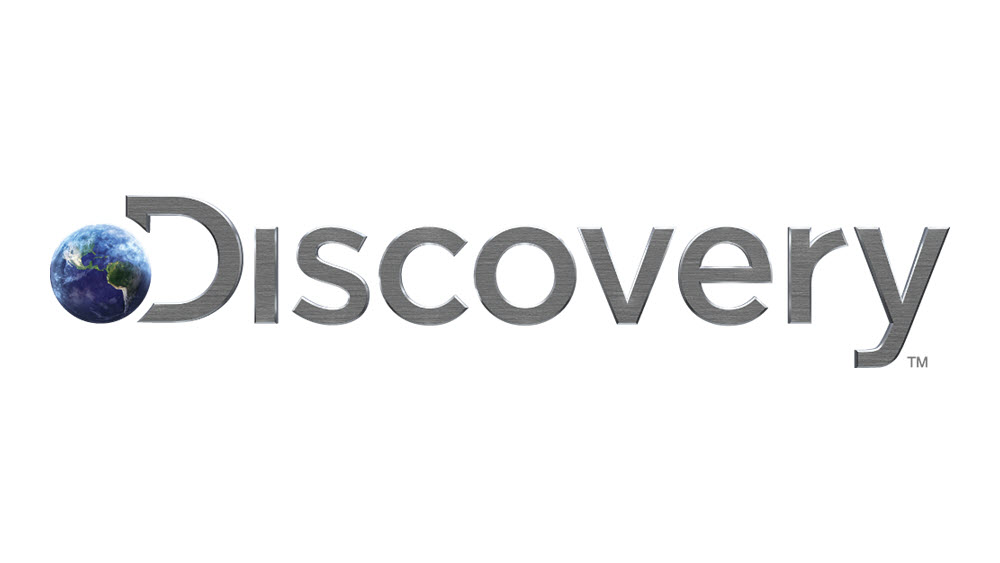Discovery Shares Dip After Mixed Q2

The smarter way to stay on top of broadcasting and cable industry. Sign up below
You are now subscribed
Your newsletter sign-up was successful
Discovery shares fell more than 8% in early trading Tuesday after the programmer reported flat Q2 revenue, as integration costs associated with its recent purchase of Scripps Networks weighed on profits.
Discovery shares were down as much as 8.2% to $24.72 each in early trading Aug.7. The stock picked up a bit later in the afternoon -- it was priced at $25.50 each, down 5.3% ($1.42) by 12:25 p.m. Tuesday.
Total revenue for the period was $2.8 billion, up 1% from the prior year and driven by relatively flat sales at U.S. Networks (up 1%) and a 5% lift in international networks. Cash flow increased 5% in the period, again driven by international gains (14%) and relatively flat U.S. Network performance (up 1%).
On the advertising front, U.S. Networks showed a 1% increase, down from a gain of 4% in the prior year. International ad revenue was flat for the period.
Discovery completed its $14.6 billion purchase of Scripps Networks in March. The company said integration costs associated with the deal --- including a $140 million restructuring charge -- helped drive down net income in Q2 to $216 million (30 cents per share) from $374 million (64 cents per share) in the prior year.
Analysts seemed discouraged by what appeared to be a more rapid decline in its U.S. operations than expected.
Aside from sluggish performance in other metrics, domestic affiliate fee growth decelerated for the third consecutive quarter and total subscribers were down about 5%, despite the inclusion of the Scripps channels.
The smarter way to stay on top of broadcasting and cable industry. Sign up below
“We honestly struggle to see a silver lining here,” Sanford Bernstein media analyst Todd Juenger said in a note to clients. “It looks like the [Scripps Networks] acquisition came just in time, as pro forma growth rates including SNI are higher than legacy [Discovery].”
Discovery has focused on direct-to-consumer offerings most recently -- it hired former Amazon executive Peter Faricy to head up those efforts yesterday -- and CEO David Zaslav said the programmer is positioned to take advantage of changes in consumer viewing habits.
On a conference call to discuss quarterly results, Zaslav said that it has been Discovery’s intent to own as much of its content as possible. That ownership position means that Discovery can monetize its content no matter the delivery vehicle. That is becoming an advantage as U.S. consumers continue to reject higher-priced pay TV distributors that are driven by content from high cost providers.
And he added that some content providers have “bullied the market” by forcing high retransmission consent and affiliate fees on distributors, which has resulted in subscriber declines.
“The good news is that I think that consumers are saying ‘enough,’” Zaslav said on the call. “There’s a lot of quality content out there. We see that on our GO platform, with droves of 18-25 year-olds watching our channels.”
Zaslav pointed to AT&T, which launched a non-sports skinny bundle AT&T Watch earlier this year. Discovery, he said, has about eight of the 30 channels on the service.
“We’ve seen in other markets, when we can get that kind of share, that we end up with a massive increase in the viewership that we get on those platforms and that it drives much younger people coming on,” Zaslav said. “The distributors doing skinny bundles is a big step forward, I think you will see a lot more of them and I think you will see us participate in it.”
Zaslav added that owning its content gives Discovery more optionality, including going direct-to-consumer.”
“We like the skinny bundles, we’re focused on getting on every one of them,” Zaslav said. "I think you’ll see in the near term were pretty confident we’re making progress on that. Then we have the ability to do it ourselves or do it with others. We’re having discussions, we’re looking at it. Right now I think things are moving in a positive direction for us. At the very essence of that is to make sure we have great content that people really want. Right now, we feel like we have the best differentiated basket of content. We look a lot different than everyone else. And every skinny bundle, if we’re on it I think we can be very dominant.”
